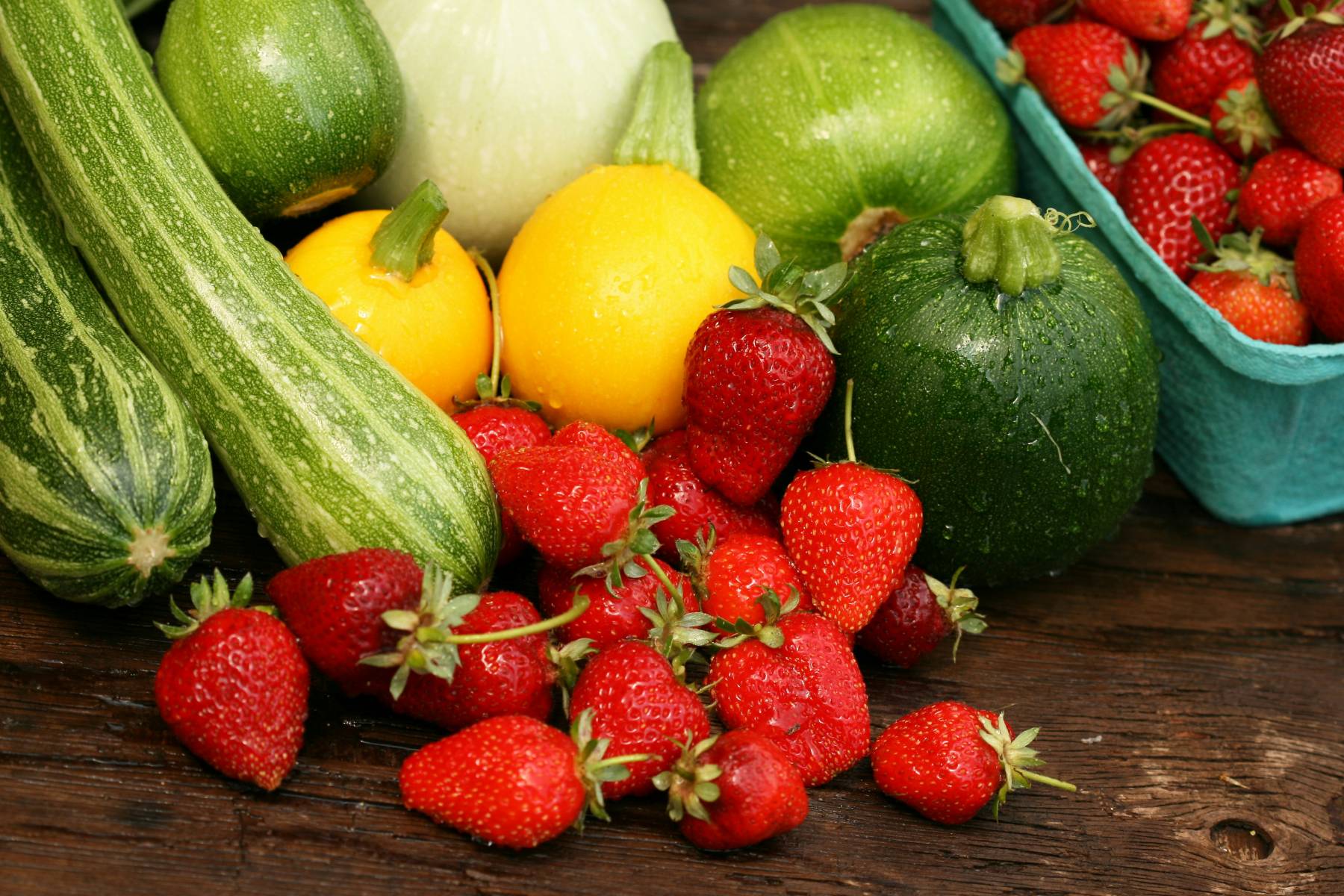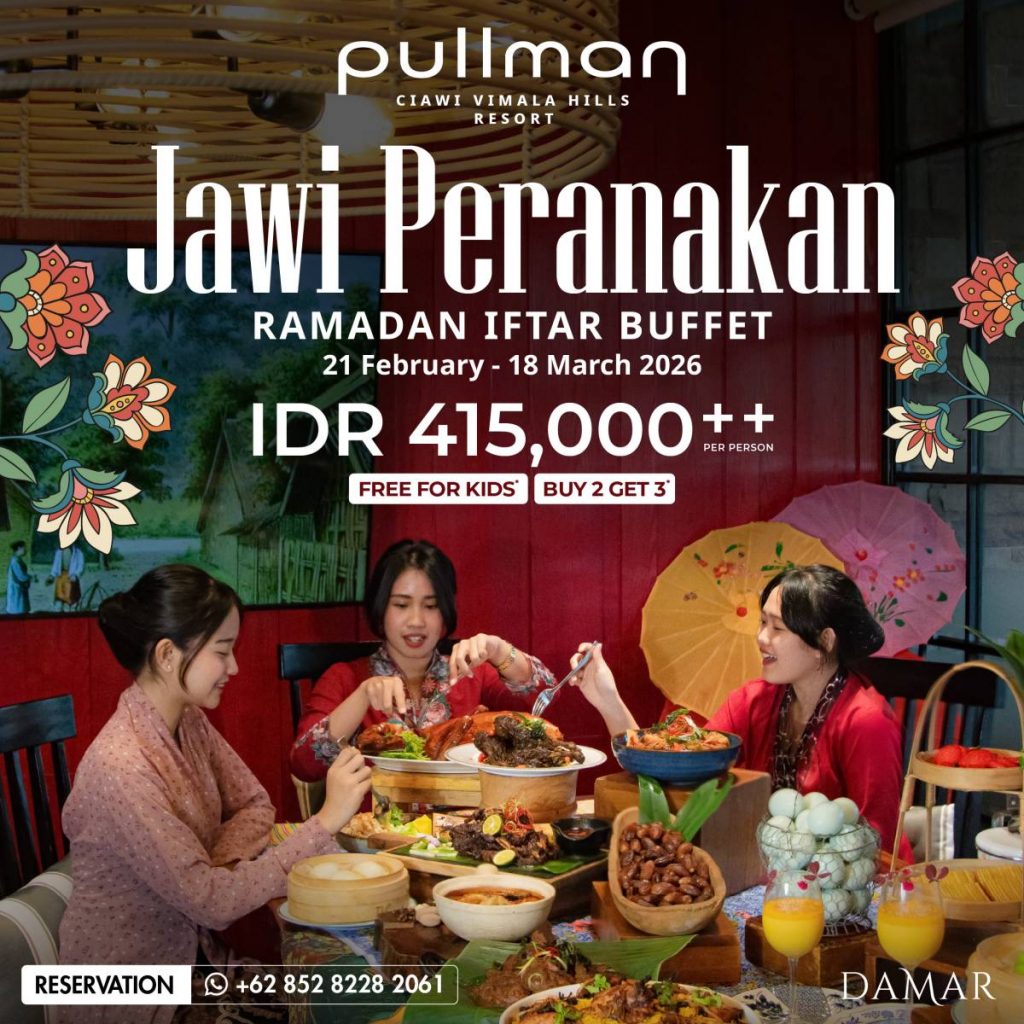Pullman Ciawi Vimala Hills Resort Spa & Convention - Luxury hotel - Unlocking the Secrets of Organic Food: Safety, Nutrition, and Benefits Explained
Pullman Ciawi Vimala Hills Resort Spa & Convention
Unlocking the Secrets of Organic Food: Safety, Nutrition, and Benefits Explained
In recent years, the demand for organic food has surged as people become more conscious of their health and well-being. With the growing awareness of the importance of clean eating, more individuals opt for food choices promoting health, sustainability, and ethical practices. This shift towards organic food is driven by a desire to consume products that are free from harmful chemicals, genetically modified organisms (GMOs), and synthetic additives. As consumers become more educated about what they put on their plates, the appeal of organic food continues to rise.
But what exactly makes organic food stand out from the rest? Is it truly better for our health, or is it just a trend driven by clever marketing? The answer lies in understanding what organic food is and its unique benefits. Organic food benefits go beyond just being a label on a product; they represent a holistic approach to farming and eating that prioritizes natural processes, animal welfare, and environmental sustainability. In this article, we delve into the secrets of organic food, focusing on its safety, nutritional value, and the numerous benefits it offers, helping you make informed decisions for a healthier lifestyle.
 Photo by Anna Pelzer on Unsplash
Photo by Anna Pelzer on Unsplash
What is Organic Food?
Organic food refers to products that are grown, processed, and handled according to specific guidelines set by regulatory bodies like the USDA (United States Department of Agriculture) or the EU Organic Certification. These guidelines typically involve the use of natural substances, prohibit the use of synthetic chemicals, and promote sustainable farming practices. Organic farming relies on natural fertilizers, crop rotation, and other eco-friendly practices, minimizing the use of pesticides, antibiotics, and genetically modified organisms (GMOs).
Safety of Organic Food
One of the key benefits of organic food is its safety profile. Conventional farming methods often use synthetic pesticides and fertilizers to maximize crop yield and manage pests. However, these chemicals can leave residues on food, posing health risks when consumed over time.
Organic food, on the other hand, is grown without synthetic chemicals, making it a safer choice for consumers. Studies have shown that organic produce contains lower pesticide residues than conventionally grown produce. Although both organic and non-organic foods must meet safety standards, opting for organic foods reduces exposure to potentially harmful chemicals. This is particularly important for vulnerable populations like children, pregnant women, and individuals with compromised immune systems.

Photo by Kamala Bright on Unsplash
Nutritional Value of Organic Food
Another major selling point of organic food is its nutritional value. Organic food benefits often include higher nutrients levels than their conventionally grown counterparts. For instance, organic fruits and vegetables tend to have higher levels of antioxidants, vitamins, and minerals. Antioxidants are crucial for neutralizing harmful free radicals in the body, which can lead to chronic diseases like cancer and heart disease.
Research has also found that organic dairy and meat products have higher levels of omega-3 fatty acids, essential for brain health and reducing inflammation. Consuming organic food can help boost your nutrient intake and support overall health.
Environmental Benefits of Organic Farming
The benefits of organic food extend beyond just personal health. Organic farming practices are more sustainable and environmentally friendly. Traditional farming methods often rely on chemical inputs that can harm soil health, water quality, and biodiversity. In contrast, organic farming promotes soil fertility through natural methods like composting and crop rotation. This reduces soil erosion, improves water retention, and encourages a balanced ecosystem.Moreover, organic farming reduces greenhouse gas emissions. By avoiding synthetic fertilizers and encouraging carbon sequestration in the soil, organic farms contribute less to global warming. The focus on local and seasonal production in organic farming also reduces the carbon footprint associated with food transportation.
Photo by Rasa Kasparaviciene on Unsplash
The Health Benefits of Organic Food
- Fewer Additives and Preservatives: Organic food is less likely to contain artificial additives, preservatives, and colorings common in processed foods. These substances can contribute to health problems such as allergies, hyperactivity in children, and other long-term health issues. By choosing organic, you opt for a cleaner, more natural diet.
- Better Taste and Quality: Many believe organic food tastes better than conventional food. This could be because organic food is often fresher and doesn’t contain preservatives to extend its shelf life. The natural growing process and careful handling contribute to better flavor and quality.
- Supports Immune System Health: Avoiding the chemicals and additives commonly found in non-organic food can help strengthen your immune system. Consuming organic food can help reduce the body’s toxic load, which can otherwise stress the immune system over time.
- Higher Levels of Beneficial Compounds: Organic food is often richer in phytochemicals—compounds found in plants that help protect them from pests and UV radiation. These same compounds can offer human health benefits, such as reducing inflammation and protecting against chronic diseases.
How to Maximize the Benefits of Organic Food
To enjoy the benefits of organic food fully, it’s essential to make informed choices:
- Prioritize Certain Foods: Some foods are more likely to contain pesticide residues, so consider buying organic for those items. The Environmental Working Group (EWG) releases a “Dirty Dozen” list annually, highlighting the fruits and vegetables most contaminated by pesticides.
- Support Local Farmers: Buying organic food from local farmers not only supports your local economy but also ensures that the food is fresher and has a smaller carbon footprint.
- Look for Certifications: Ensure that the organic food you purchase is certified by a reputable organization. This guarantees that the food meets the standards set for organic farming and processing.
Photo by Ella Olsson on Unsplash
Making a Healthier Choice for You and the Planet
Organic food benefits are wide-ranging, from improved safety and superior nutrition to positive environmental impacts. While organic food may come with a higher price tag, the advantages of reducing chemical exposure, supporting sustainable farming practices, and enhancing nutrient intake make it a worthwhile investment. By understanding these benefits and making mindful choices, you can take significant steps toward a healthier lifestyle and a more sustainable world.
At Pullman Ciawi Vimala Hills, we embrace these values by offering a range of healthy and delicious organic food options at our dining outlets. Our commitment to wellness and sustainability aligns with Pullman’s identity of providing guests with nutritious, high-quality food that complements a healthy lifestyle. We believe in sourcing our ingredients locally to support nearby farmers and ensure the freshest produce reaches your plate. By prioritizing local sourcing, we reduce our carbon footprint and contribute to the well-being of our community.
Moreover, our culinary team takes pride in growing and harvesting fresh herbs directly from our on-site herb garden. This allows us to incorporate the freshest, most flavorful ingredients into every dish we prepare. Our chefs are dedicated to creating culinary experiences that delight the palate and nourish the body and soul. Using home-grown herbs adds a unique touch to our dishes, ensuring every meal blends freshness, flavor, and health benefits.
Whether you are enjoying a meal at our restaurant or ordering room service, you can be assured of a wholesome dining experience that aligns with organic and sustainable living principles. Our approach is more than just serving food; it is about creating memorable experiences celebrating health, sustainability, and local flavors.

Click here to learn more about our dining options or make a reservation. Experience the perfect blend of luxury, comfort, and health at Pullman Ciawi Vimala Hills. Indulge in our thoughtfully crafted dishes that reflect our dedication to wellness and sustainability, and discover the difference that fresh, locally sourced ingredients can make.




